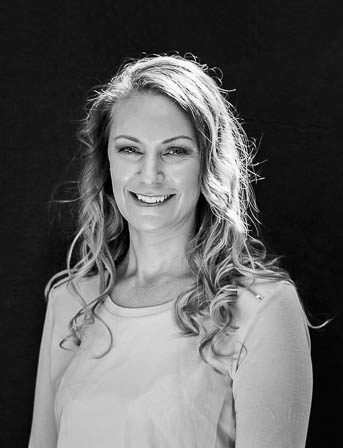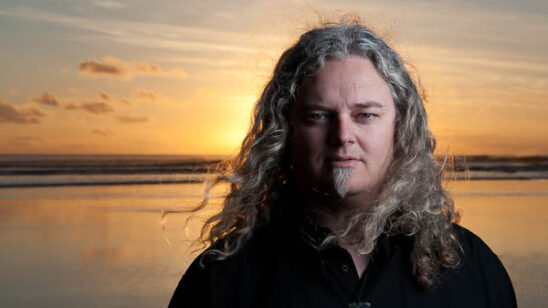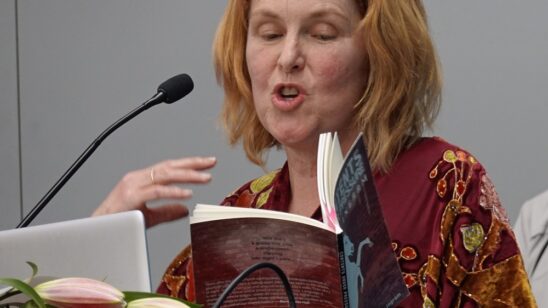
Editor’s Perspective: June 6 2019
“The future belongs to those who believe in the beauty of their dreams” – Eleanor Roosevelt

Great things come from failure. Walt Disney, Henry Ford and George Foreman join an illustrious list of business greats who have experienced failure and bounced back – better than before. Recent advances in neuroscience have shown us that the brain is far more malleable than we ever thought possible and this may be the key to picking yourself up and dusting yourself off.
Noticing some students rebounded while others seemed devastated by even small setbacks, Carol Dweck made studying human motivation her life’s work. She spends her days diving into why some people succeed and some don’t and how much is within our control to foster success. Her theory of the two mindsets and the difference they make in the outcomes is incredibly powerful.
Dweck believes there are ‘fixed mindsets’ and ‘growth mindsets’, with success determined almost entirely on simply believing that you can improve. If you believe your qualities are unchangeable — the fixed mindset — you will want to prove that you’re right, rather than learning from your mistakes. Those with the growth mindset on the other hand, have a powerful passion for improvement.
“We like to think of our champions and idols as superheroes who were born different from us,” Dweck writes in Mindset. “We don’t like to think of them as relatively ordinary people who made themselves extraordinary.” This issue we caught up with the brain coach for the All Blacks, Gilbert Enoka, about how we can be high achievers both on and off the field. Enjoy.




